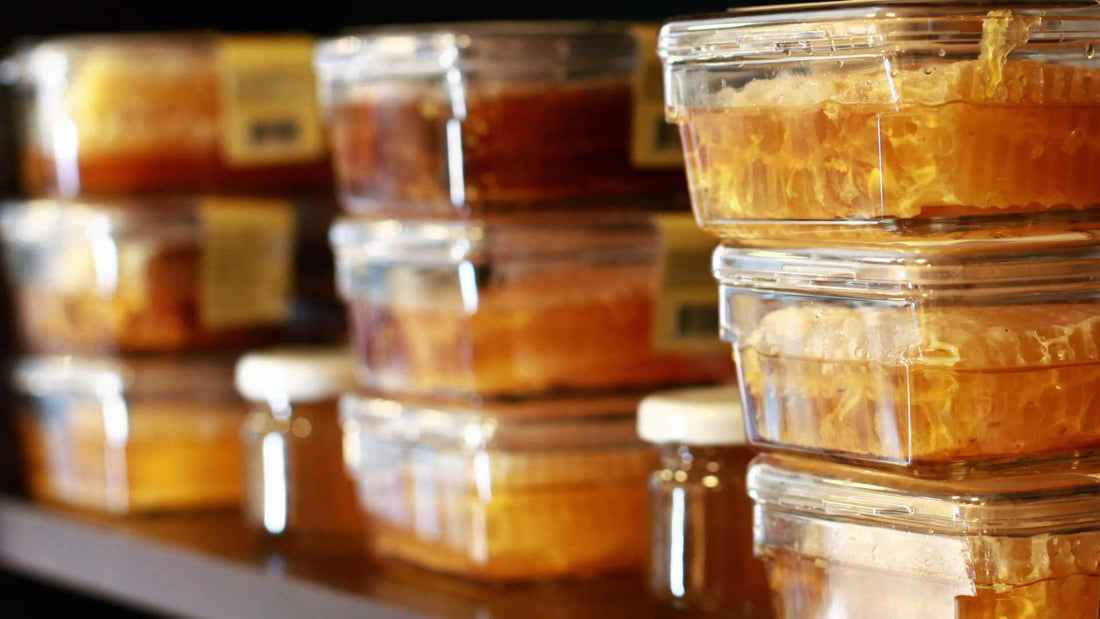Imagine waking up to the sweet aroma of honey filling your kitchen. As you pour yourself a cup of coffee, you reach for a jar of honeycomb and break off a piece to spread on your toast. The burst of flavor and the satisfying crunch make your taste buds dance with delight. But did you know that eating honeycomb everyday can do wonders for your health? In this blog post, we will explore the incredible benefits of incorporating honeycomb into your daily diet.
What is Honeycomb?
Honeycomb is the natural beeswax structure that bees create to store their honey. It is made up of hexagonal cells that are filled with delicious, golden honey. Not only is honeycomb a beautiful work of nature, but it also contains numerous health benefits that can improve your overall well-being.
Boosts Immunity
Honeycomb is a powerhouse of nutrients and antioxidants that can strengthen your immune system. It contains vitamins, minerals, and enzymes that help fight off infections and protect your body from harmful free radicals. By eating honeycomb everyday, you can give your immune system the support it needs to keep you healthy and vibrant.
Improves Digestion
If you struggle with digestive issues, incorporating honeycomb into your diet can be a game-changer. The natural enzymes present in honeycomb aid in the digestion and absorption of nutrients. It can soothe an upset stomach, alleviate constipation, and promote a healthy gut flora. Say goodbye to bloating and discomfort, and hello to a happy digestive system!
Provides Energy
Are you tired of relying on caffeine or sugary snacks to get through the day? Look no further than honeycomb for a natural energy boost. The carbohydrates in honeycomb are easily digested and converted into glucose, providing you with a sustainable source of energy. Say goodbye to energy crashes and hello to a steady stream of vitality.
Enhances Skin Health
Who doesn't want radiant, glowing skin? Honeycomb can work wonders for your complexion. Its antibacterial and anti-inflammatory properties can help combat acne, soothe irritated skin, and promote a youthful appearance. You can even use honeycomb as a natural face mask to nourish and hydrate your skin from within.
Supports Weight Management
If you're looking to shed a few pounds or maintain a healthy weight, honeycomb can be your secret weapon. Unlike refined sugars, honeycomb is a natural sweetener that can satisfy your sweet tooth without causing a spike in blood sugar levels. It also contains fiber, which promotes feelings of fullness and reduces cravings. Incorporating honeycomb into your diet can help you achieve your weight loss goals while still enjoying the sweetness of life.
Conclusion
From boosting your immunity to enhancing your skin health, the benefits of eating honeycomb everyday are truly remarkable. So why not add this golden treasure to your daily routine? Whether you enjoy it on toast, in your tea, or straight from the comb, you'll be nourishing your body and delighting your taste buds. Embrace the natural goodness of honeycomb and experience the sweet rewards it brings to your health and well-being.





